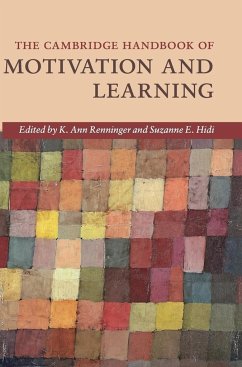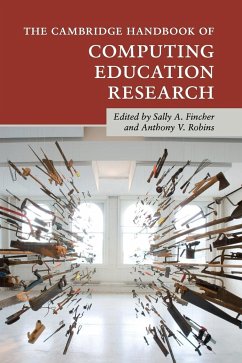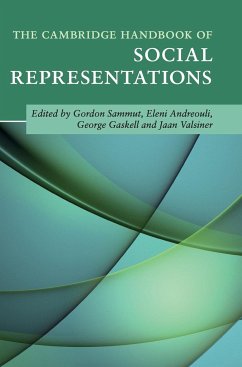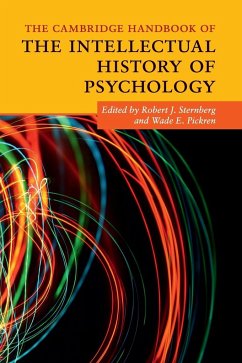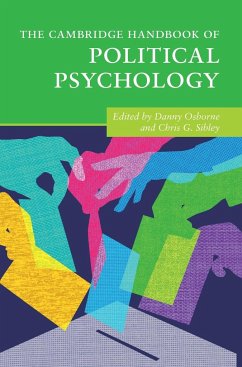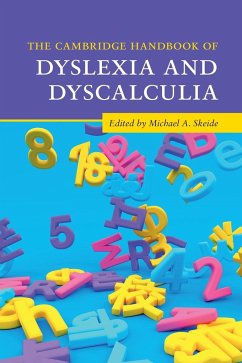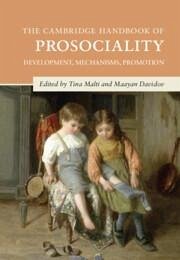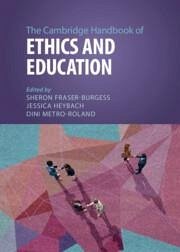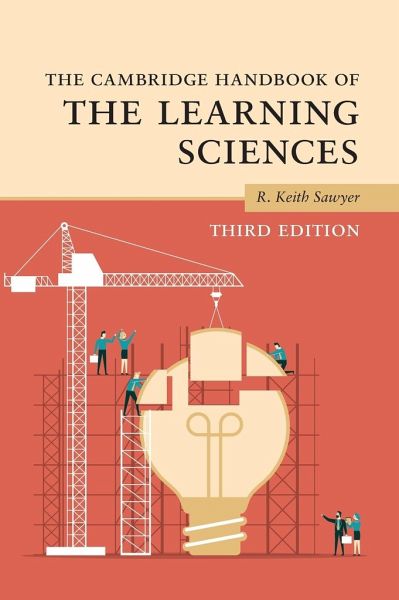
The Cambridge Handbook of the Learning Sciences

PAYBACK Punkte
88 °P sammeln!
The interdisciplinary field of the learning sciences encompasses educational psychology, cognitive science, computer science, and anthropology, among other disciplines. The Cambridge Handbook of the Learning Sciences, first published in 2006, is the definitive introduction to this innovative approach to teaching, learning, and educational technology. In this significantly revised third edition, leading scholars incorporate the latest research to provide seminal overviews of the field. This research is essential in developing effective innovations that enhance student learning - including how t...
The interdisciplinary field of the learning sciences encompasses educational psychology, cognitive science, computer science, and anthropology, among other disciplines. The Cambridge Handbook of the Learning Sciences, first published in 2006, is the definitive introduction to this innovative approach to teaching, learning, and educational technology. In this significantly revised third edition, leading scholars incorporate the latest research to provide seminal overviews of the field. This research is essential in developing effective innovations that enhance student learning - including how to write textbooks, design educational software, prepare effective teachers, and organize classrooms. The chapters illustrate the importance of creating productive learning environments both inside and outside school, including after school clubs, libraries, and museums. The Handbook has proven to be an essential resource for graduate students, researchers, consultants, software designers, and policy makers on a global scale.




